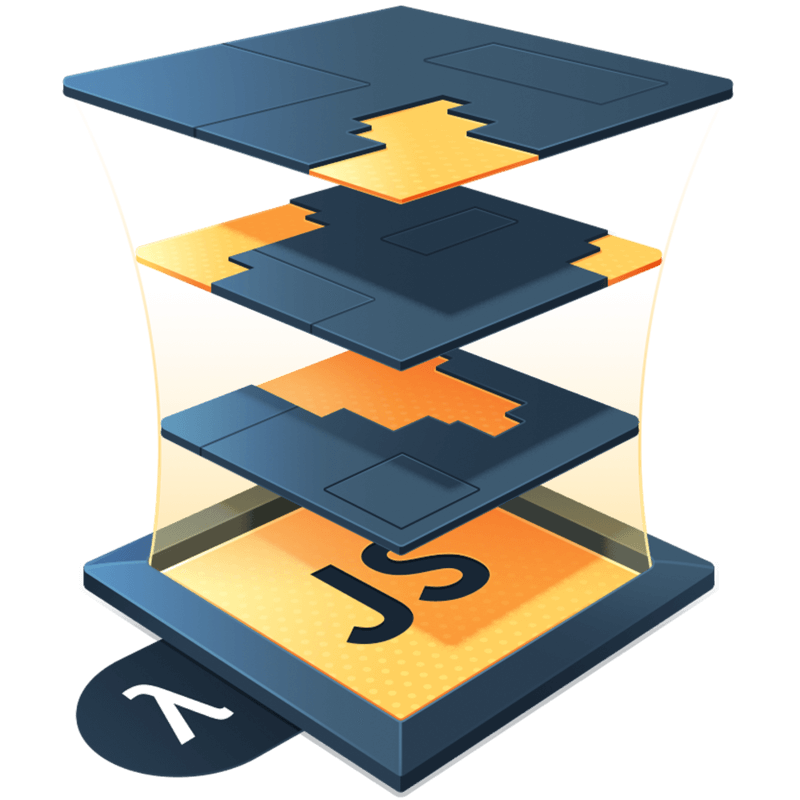What ADHD Feels Like to Me
When I was a kid, I used to go to my neighbor’s house to play Mortal Kombat on their Sega Genesis. Occasionally between fights, you’d get to play a mini-game called “Test Your Might”. I’ve been thinking about this game a lot.
In the game, your character stood before a block of material, such as wood, stone, or diamond, and attempted to break it in half. Your “might” was a power bar, and your job was to mash the buttons fast enough to charge the power bar before the time limit expired and your character slammed their fist into the material. As the materials got harder, the difficulty of charging the bar got harder.
It dawned on me, that this is a pretty good metaphor for working with ADHD.
A non-exhaustive primer on ADHD
For those of you who don’t know much about ADHD, it stands for “Attention Deficit Hyperactivity Disorder”. It’s not really an accurate name anymore given what we understand about the disorder now. A more apt name might be “Dopamine Dysregulation Disorder”. Fundamentally, the ADHD brain has lower levels of dopamine and struggles to regulate what little dopamine it has.
We all need certain amounts of dopamine to function. Most brains produce an adequate amount of this on their own, which enables them to function with relative ease. There’s a task to do, they do it. There isn’t much need for inputs such as interest or deadlines (more about those later). The brain has what it needs to focus on, begin, and execute the task.
Since the ADHD brain has so little dopamine, it must constantly seek out stimulation in an attempt to trigger itself to produce more so that it can meet the threshold required to function. This is why almost all ADHD medication is a stimulant. It works by activating your brain to produce more dopamine, which allows you to focus because you no longer need to manually produce it yourself.
ADHD has been unfortunately portrayed in media and culture as a disorder that leads to easy distraction. Who hasn’t heard someone yell, “Squirrel!” as a joke about those with ADHD? In reality, people with ADHD aren’t distracted because they are undisciplined. Our brains are distracted because our base levels of dopamine are not sufficient enough, and so our brains are constantly seeking new stimuli to achieve the levels we need.
Let’s imagine the “Test Your Might” game is a human brain, and we have a task to do. If the game was a neurotypical brain, it might look like the following. Give the button a few clicks to watch the meter grow:
The meter quickly has sufficient dopamine to begin the task, plenty above the threshold. Very little effort was required to get started, and the rate of decay is quite slow.
Let’s consider the same situation with the ADHD brain.
Notice the brain struggles to get to the threshold and falls quickly below it. We need to keep clicking the button in order to keep stimulating the brain above the focus threshold.
Understimulated
Sometimes the ADHD brain gets in a mode where it’s desperately seeking stimulation, but there’s no guarantee that whatever is tried will produce the dopamine desired.
The person might have a number of go-to activities that they find stimulating, but their effectiveness varies often. Something that brought them a lot of joy and focus yesterday might not work today, and there’s no way to know for how long the activity will do the trick.
The game below represents this understimulation. Imagine each button as an activity a person might do to find stimulation. Eat some food, scroll their phone, play a video game, do a workout, etc. Which button will work, and for how long before it stops working? Try it out.
Stimulation Modifiers
There are four ways we can “encourage” an ADHD brain to get focused, some positive, some negative: novelty, intrinsic interest, challenge, and urgency. In the context of our game, we can think of these as “stimulation modifiers”. We can tweak and adjust them and watch how it changes our ability to stimulate the brain across the threshold.
Accumulating modifiers has a positive impact on our ability to reach the threshold and reduce the decay of our dopamine loss. However, we have to be really careful how we deploy these. For people with ADHD, the damage of living in a state of constant urgency to get things done can be significant.
Executive Dysfunction
There are times where no amount of modifiers will do anything. Nothing will allow the ADHD brain to focus, even if it desperately wants to focus.
If you encounter someone in executive dysfunction, you need to understand they aren’t just being lazy. The brain is in a physical state that is not allowing for executive function. It is very likely this person is in a shame-cycle, and only the urgency of the situation might get so dire they finally can do the task.
Hyperfocus
Many of you have probably heard of “hyperfocus”, and perhaps heard it called a super power. In the right scenario, it can certainly lead to prodigous amounts of productivity, but it often comes with some severe negative side effects as well.
It might not be obvious, especially to those obsessed with productivity, but a certain amount of attention decay is a good thing. You need to remember to do things like eat, go to the bathroom, manage your life, etc. A person in hyperfocus forgets to do all of those things. Full disclosure, when I’m in that state, it feels downright violent to be asked to context switch.
Hyperfocus occurs when our system gets stuck. Yes, it’s pegged above the threshold, but there is no reset button. The only way for it to decay is for the system to run out of resources and crash.
I might suggest you refresh the page now. That bar will grow forever.
Closing thoughts
As with any metaphor, this one is imperfect, but I hope it provides some context for the people in your life struggling with ADHD. Imagine having to “test your focus” each and every day. It might help you understand why people with ADHD are far more likely to be clinically depressed. We don’t just have less dopamine, but unless we’re fortunate enough to find work that aligns with our stimulation modifiers, we spend most of our lives fighting with ourselves to get stimulated enough to do what we need to do.
I may update this post in the future, or write something about how I built this little game with React, or how to work with your neurodivergent teammates better, but this is all the focus I have for now. Hope you understand.

